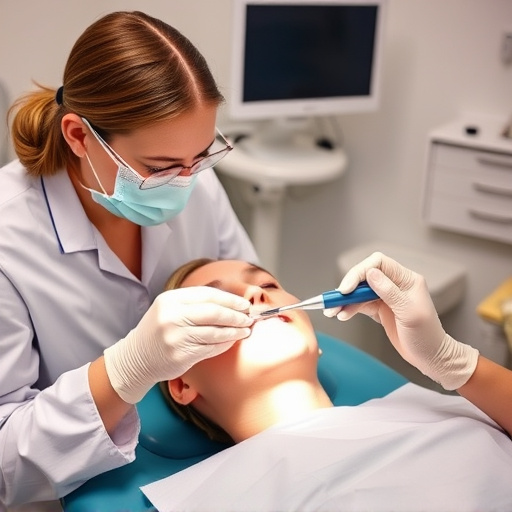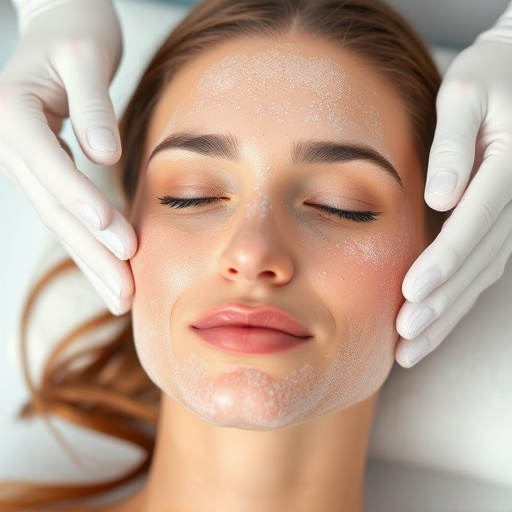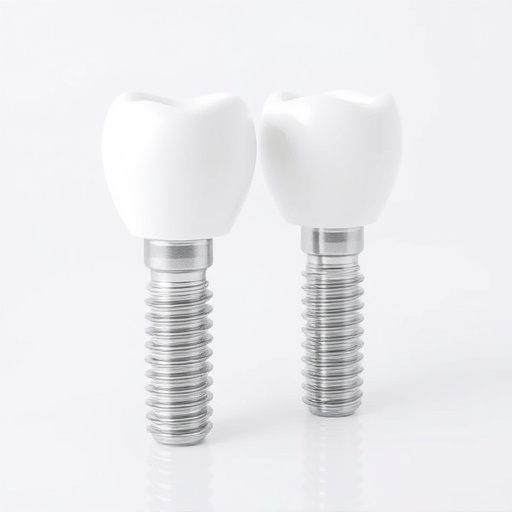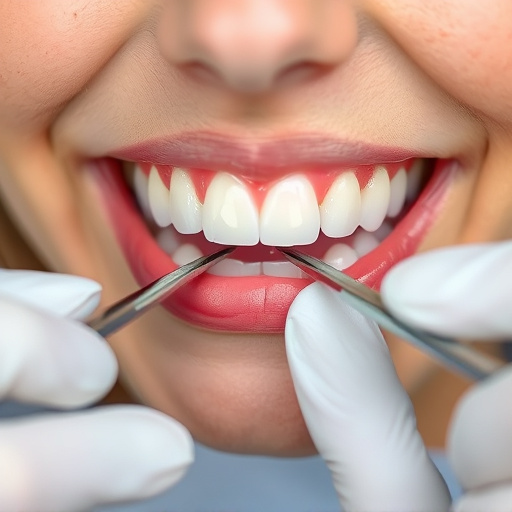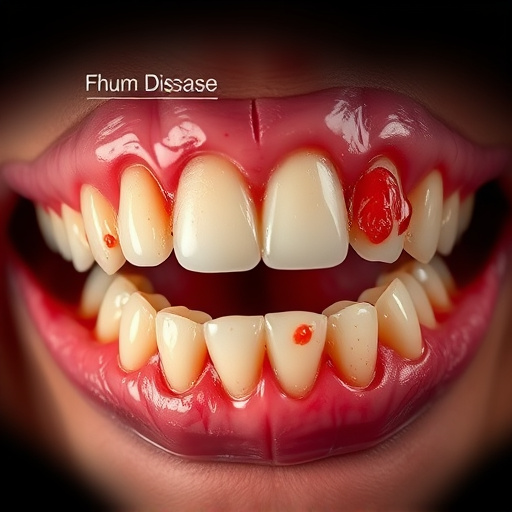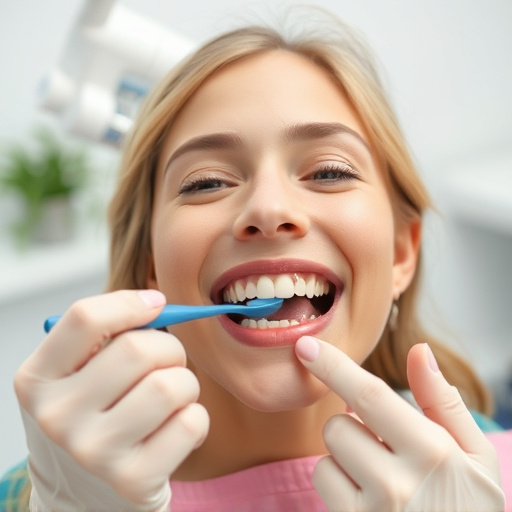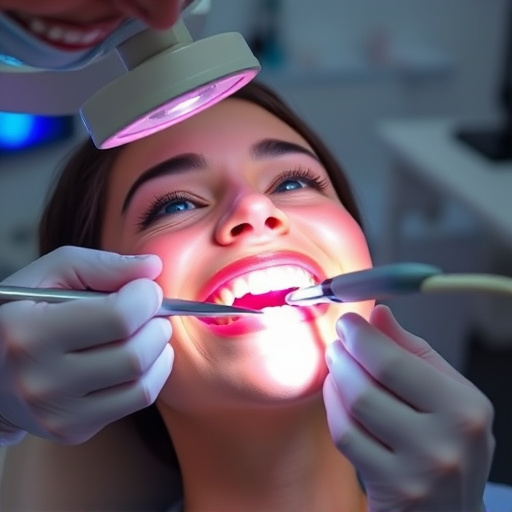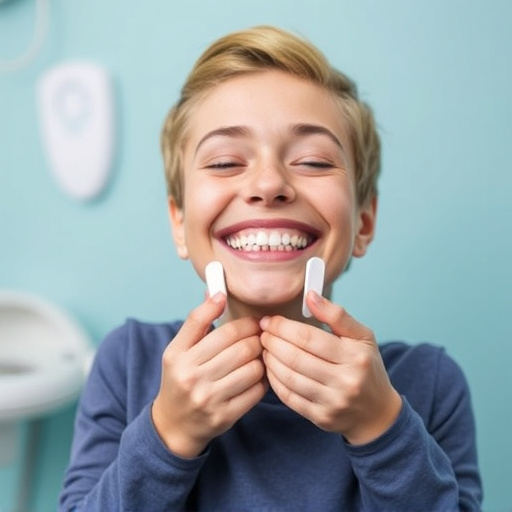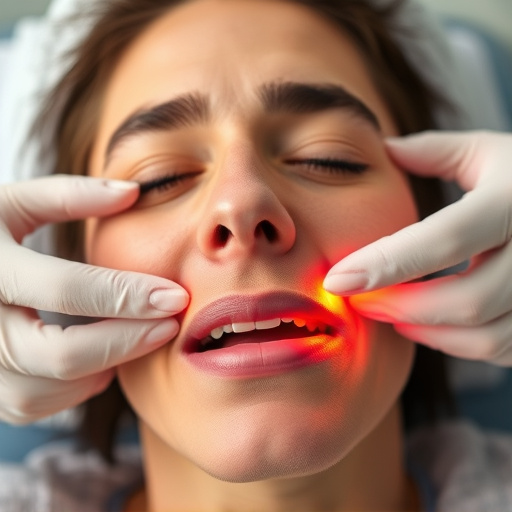Oral hygiene education is key to understanding the connection between dental health and overall wellness. Modern research reveals that neglecting oral hygiene can lead to serious systemic conditions due to mouth bacteria causing inflammation. Integrating oral hygiene education into preventive healthcare encourages daily brushing, flossing, and regular cleanings for holistic wellness. This empowers individuals to take proactive measures, reducing healthcare burden and linking to improved nutrition, self-esteem, and systemic disease risk reduction. Tailoring educational strategies to diverse demographics ensures accessibility and fosters understanding of long-term health benefits associated with excellent oral care.
Oral hygiene education is a powerful tool with long-term health benefits, bridging the gap between dental care and overall wellness. This article delves into the profound connection between oral health and general well-being, highlighting the pivotal role of education in fostering lifelong oral care habits. We explore strategies for effective oral hygiene education across diverse settings, emphasizing its potential to revolutionize dental care through community engagement.
- Understanding the Link Between Oral Health and General Wellness
- The Role of Education in Promoting Lifelong Oral Care Habits
- Strategies for Effective Oral Hygiene Education in Diverse Settings
Understanding the Link Between Oral Health and General Wellness
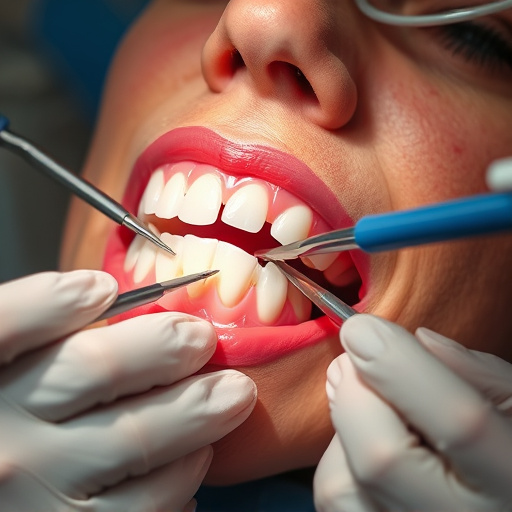
Oral hygiene education is a cornerstone in understanding the intricate link between oral health and general wellness. Historically, much attention has been focused on the role of teeth cleaning and cosmetic dentistry in addressing visible dental issues. However, modern research reveals that neglecting oral hygiene can have profound implications for overall health, extending from cardiovascular diseases to respiratory problems and even diabetes. The mouth acts as a gateway to the body, with various bacteria residing within it; poor oral hygiene practices allow these microorganisms to proliferate, potentially leading to systemic inflammation and contributing to chronic conditions.
By integrating oral hygiene education into preventive healthcare strategies, individuals can gain insights into how daily brushing, flossing, and regular dental cleanings can serve as powerful tools for maintaining holistic wellness. This knowledge empowers people to take proactive measures in keeping not just their teeth and gums healthy but also in fostering a stronger connection between their oral care routines and overall well-being.
The Role of Education in Promoting Lifelong Oral Care Habits
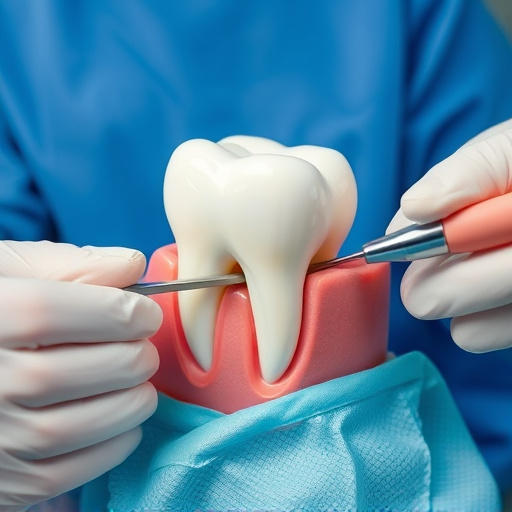
Oral hygiene education plays a pivotal role in promoting lifelong oral care habits. By teaching individuals, especially children, about the importance of maintaining healthy teeth and gums, we lay the foundation for a lifetime of good oral hygiene practices. This includes simple yet effective techniques like brushing twice daily with fluoride toothpaste and flossing regularly, which are cornerstones of preventive dentistry. Early education in cosmetic dentistry can also foster an awareness that promotes timely intervention and treatment, preventing more complex dental issues down the line.
Through comprehensive oral hygiene education, communities can empower individuals to take charge of their oral health. This proactive approach not only reduces the burden on healthcare systems by minimizing dental emergencies but also contributes to overall well-being. Regular practice of good oral hygiene is linked to numerous long-term health benefits, including improved nutrition, enhanced self-esteem, and reduced risk of systemic diseases like cardiovascular problems and diabetes. Thus, investing in oral hygiene education is an investment in the collective health and happiness of communities.
Strategies for Effective Oral Hygiene Education in Diverse Settings
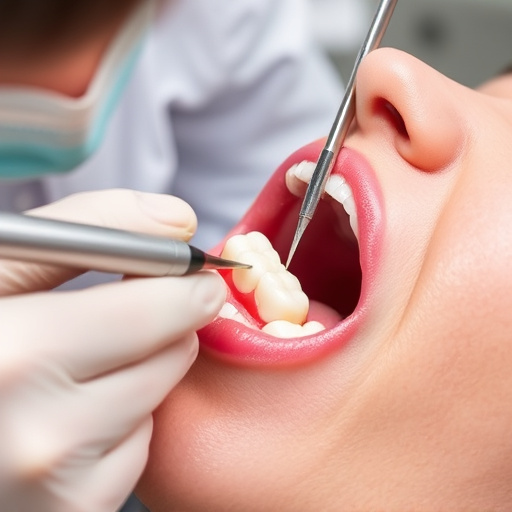
Oral hygiene education is a powerful tool to empower individuals across various demographics with the knowledge and skills needed for lifelong oral health management. Tailoring educational strategies to diverse settings, such as schools, communities, and healthcare facilities, ensures that everyone has access to this valuable information. In children’s dentistry, early introduction to proper brushing techniques and regular dental check-ups can set a lifetime of healthy habits. For adults, comprehensive workshops on oral hygiene routines, including the use of clear aligners or dental bonding, can address specific concerns and promote better gum health.
Community-based programs and public health initiatives play a crucial role in reaching underserved populations. Incorporating interactive demonstrations, visual aids, and culturally sensitive materials can enhance learning outcomes for diverse audiences. Moreover, engaging local dentists and oral health professionals to deliver these education sessions ensures accuracy and inspires trust among participants. By making oral hygiene education accessible and engaging in various settings, we can foster a deeper understanding of the long-term health benefits associated with excellent oral care.
Oral hygiene education is a powerful tool that can significantly impact individuals’ overall health and well-being. By understanding the link between oral health and general wellness, we can recognize the long-term benefits of promoting lifelong care habits. Through effective strategies in diverse settings, we can empower folks to take charge of their oral health, leading to improved quality of life and reduced healthcare costs. Investing in oral hygiene education is a step towards a healthier, happier future for all.



